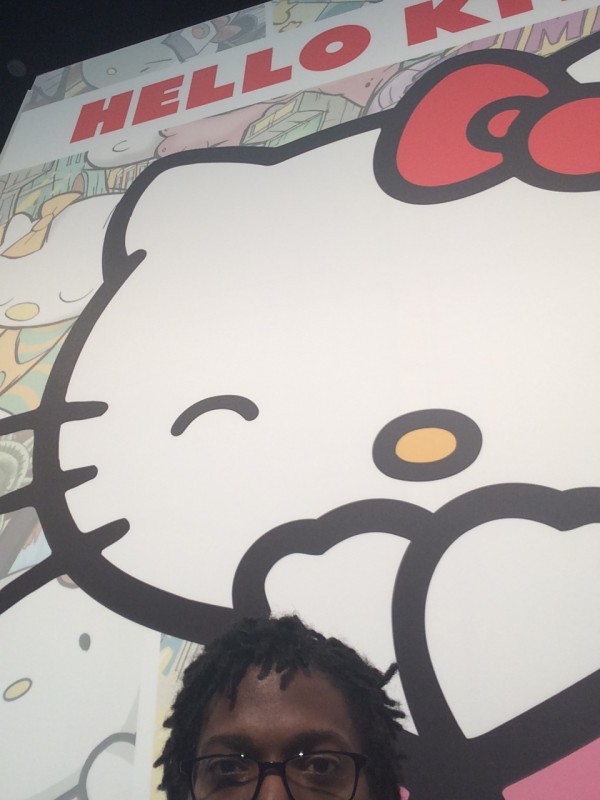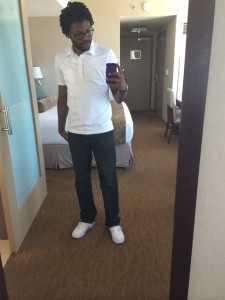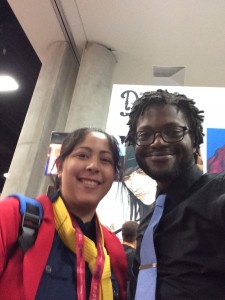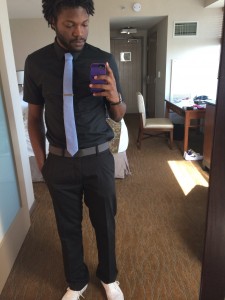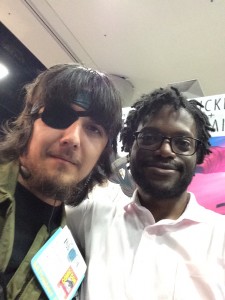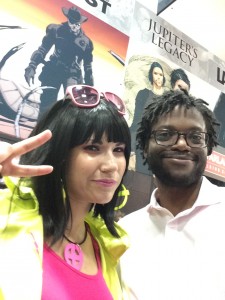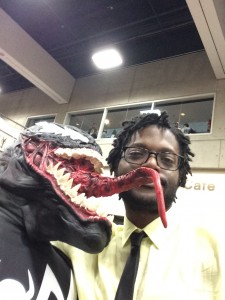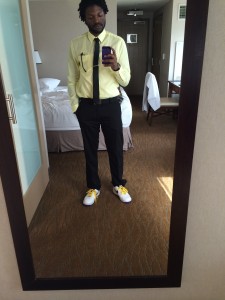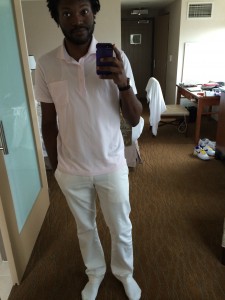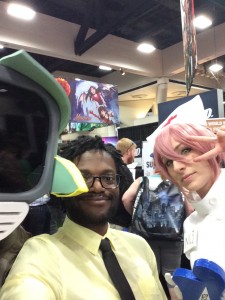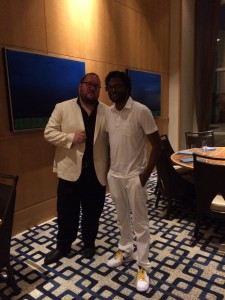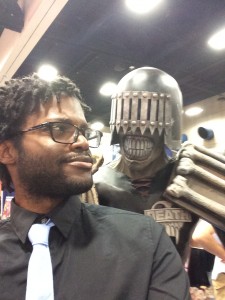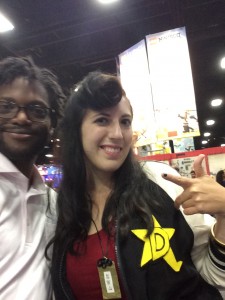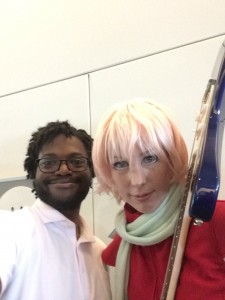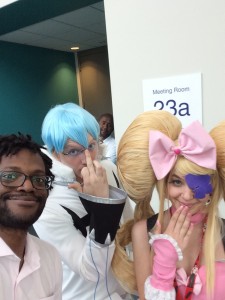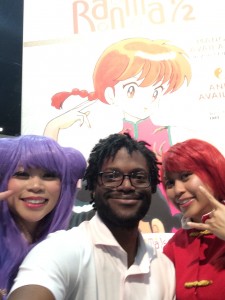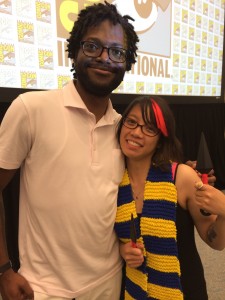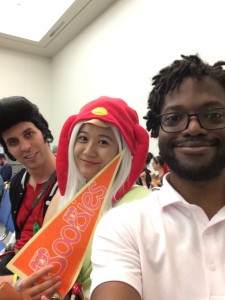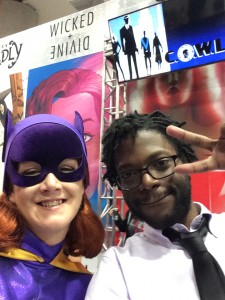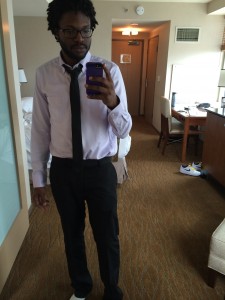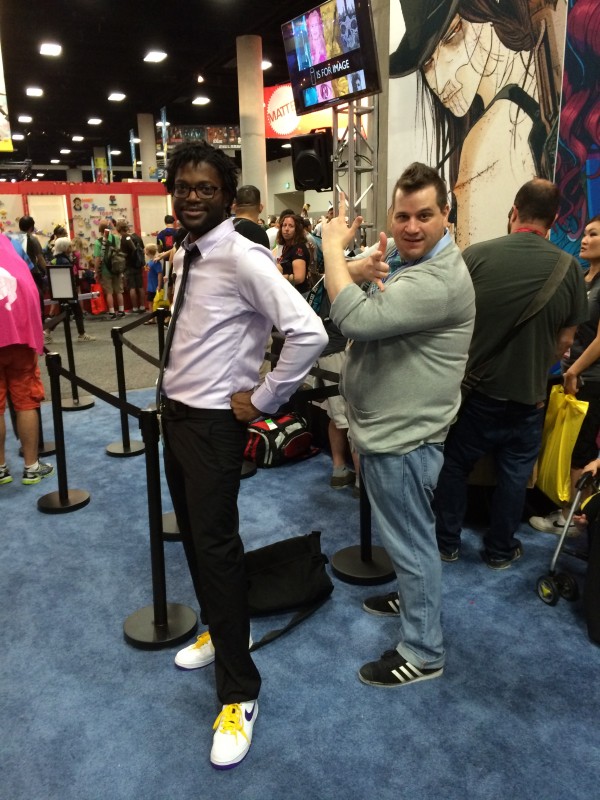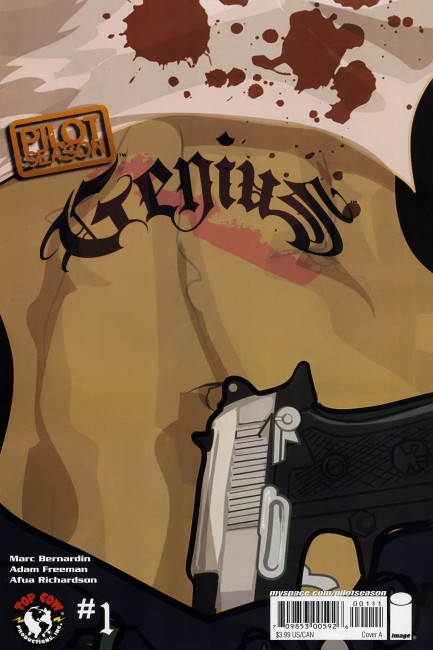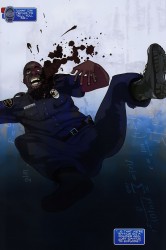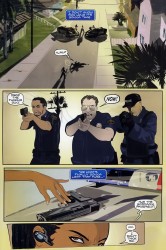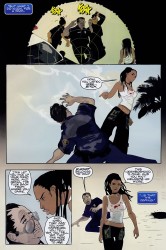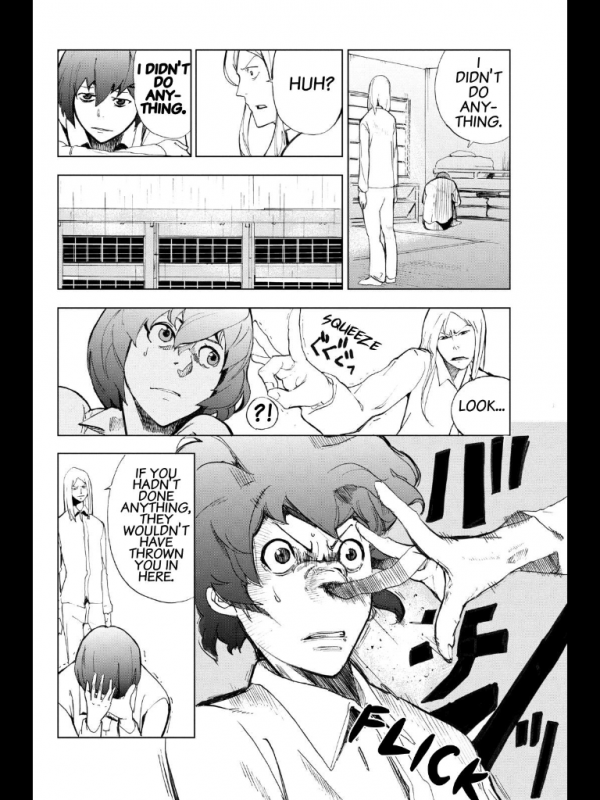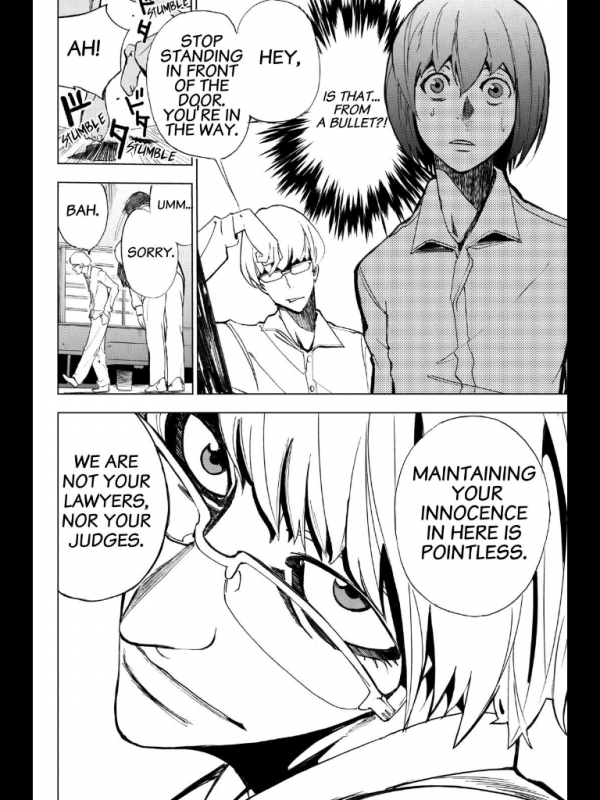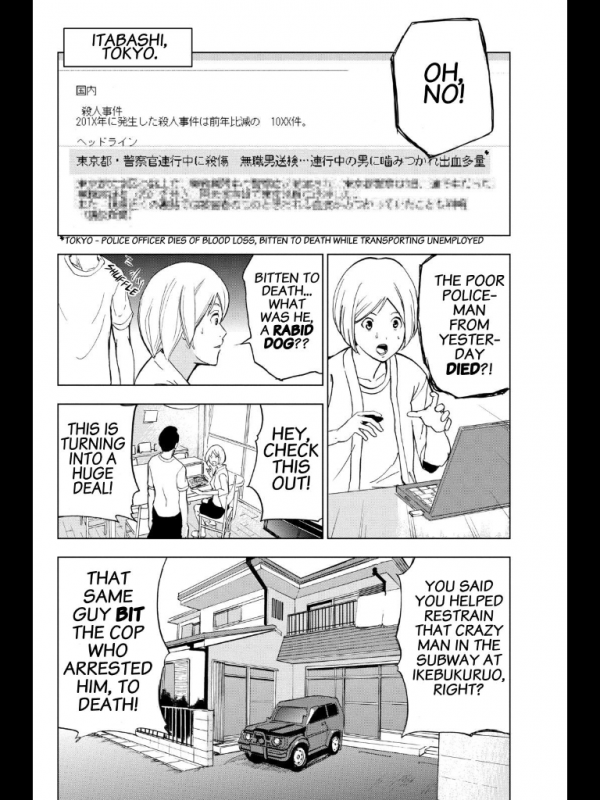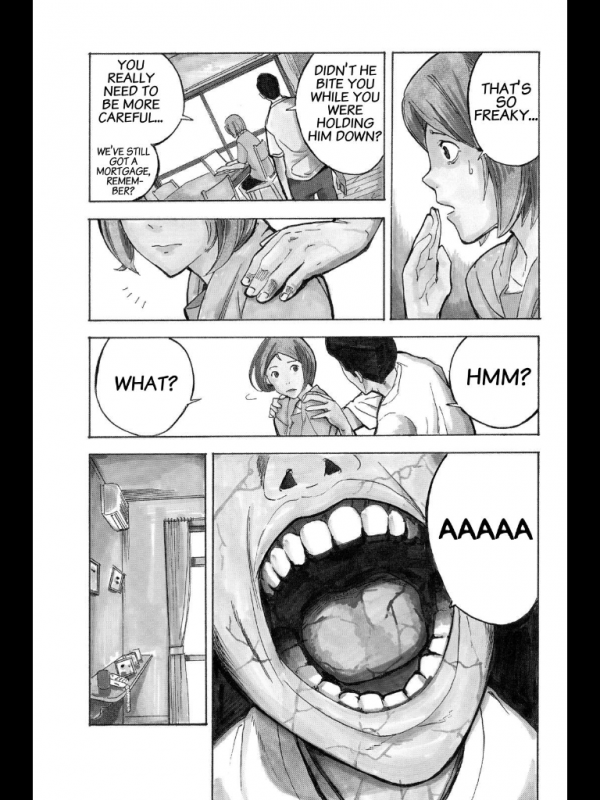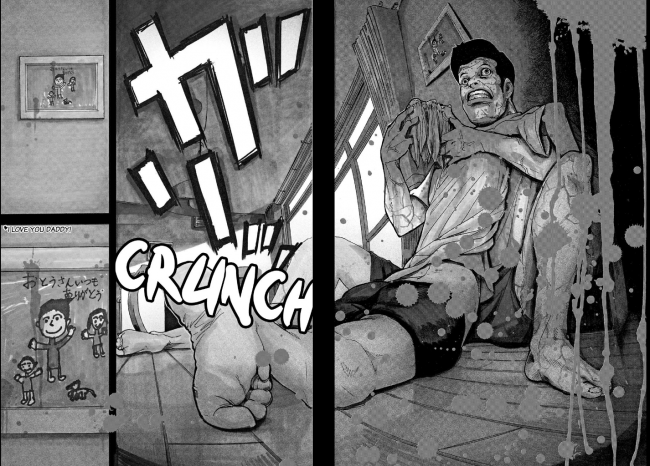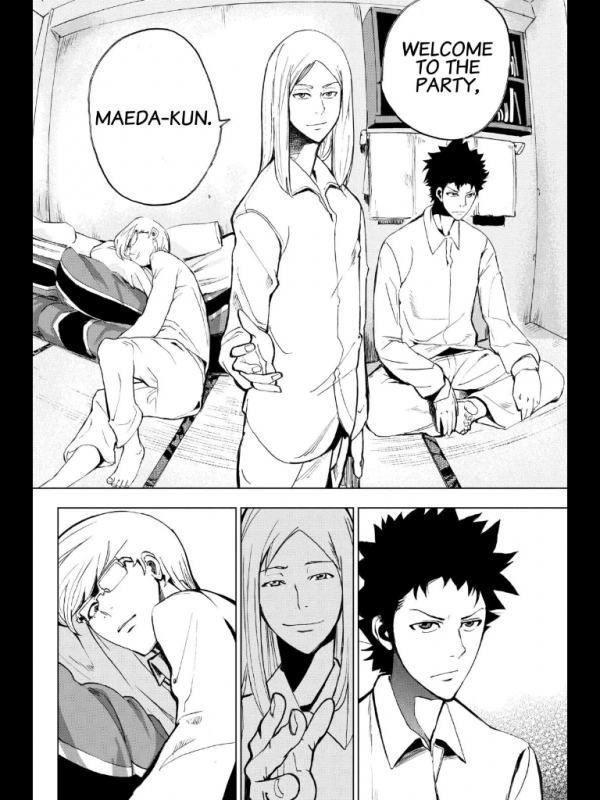Kanye West is a passionate dude.
The passion is what makes his art work. People connected to him because they can feel that passion. It’s visible through his work, whether it’s a banging beat or some deft observation about life. He has a habit of doing scheduled interludes at his concerts, where he talks about whatever’s on his mind. It’s the most direct way to view his passion, I think, because it feels relatively unfiltered—it isn’t, we know that, but it feels more raw than a song—and it’s not hidden behind layers of cleverness.
He’s talked about his struggle to gain traction in the fashion industry, despite his success with Nike. He’s talked about what he wants to be to society, who he respects, what he hates, and what he loves. It’s wide-ranging, but that makes sense, because West is self-admittedly a guy who is interested in a lot of things, from Margiela to Akira.
These interludes are almost always called “rants” by music journalists. Despite being planned, despite being a regular feature, they are “rants” because…Kanye West is a passionate dude, and sometimes he gets emotional when talking about things. You can see it when he goes in on Sway on Shade45 or when he got at George W Bush over Katrina.
By calling these interludes “rants,” the media is painting West with a very specific brush. The word rant implies that the thoughts are off-the-cuff, overly emotional, and therefore invalid. It’s “Look what this kooky guy said now!” instead of engaging with any of his points.
It happens to all of us, of course. We all have triggers that make us get weepy or excited in conversation, I know I have a lot of dumb ones, but that doesn’t make them invalid or malformed. It just means you care, right? And that your level of care exceeds your calm nature for a moment. The opinions you’re expressing aren’t invalid because you stumble over your words or have to pause to collect yourself.
Passion isn’t perfect. I think that’s pretty obvious. West isn’t 100% right about everything, but he has been 100% right about specific things. The presence of passion doesn’t mean that you have to believe everything someone says. It’s just a factor that will, or should, help you judge what they’re saying and where they’re coming from. By recognizing West’s passion, I can tell that he genuinely cares about the stuff he’s talking about, and that helps me evaluate how I feel about what he said and where he’s coming from.
But he’s not ranting. He’s speaking his mind.
Comics has an outrage problem.
I don’t mean people getting up in arms over things, either. That’s an issue unto itself, and like anything else, it could be better than it currently is in several different ways, but that’s not today’s conversation.
What I’m talking about is how we—the comics community—describe, talk about, and address the concerns of people who are upset about one thing or another. The way we talk about outrage fatigue, outrage-of-the-week, faux outrage, outrage-o-matic, misplaced outrage, another outrage, this outrage, that outrage, and why it’s gross and short-sighted. How we use “tumblr” as a pejorative but ignore the poison in our own forums and followers.
The way we use the word outrage suggests that the outrage in question is fake and irrational, on account of being poorly thought-out and overly emotional. It happens every time someone brings up a point to do with equality, sexism, racism, or justice. It’s the same tactic the music media uses to devalue Kanye’s rants. They’re invalid, an inconvenience, annoying, or fake because you can see the emotions driving it, and emotional reactions aren’t valid.
We use the presence of passion to first diminish and then dismiss arguments. The offended must play by the rules of the unoffended, or even worse, the offenders, in order to be heard. You have to tamp down that pain if you want to get help or fix it. You can see it when people say things like “Thank you for being civil” when arguing something heated with someone they disagree with. Civility is great, sure, but we’re forcing people who feel like they’re under attack to meet us on our own terms. In reality, passion shouldn’t be dismissed. Passion has a purpose.
The way we treat passionate reactions is unbalanced, too. We eat up gleeful reviews or tweets like they’re pudding and retweet them by the dozen. There are sites out there that have used the word “masterpiece” over ten thousand times. We promote fawning interviews and king-making, but never once question passionate praise the way we do passionate criticism.
Comics as a community tends to react to every new outrage with disbelief and scorn, lumping them in with “the crazy ones” or “tumblr” instead of looking at what they’re actually saying and figuring out what it means. Every once and a while we’ll band together like “Yeah! That IS bad!” when something is particularly egregious and “safe” to comment on, but a month later? We’re back to blindly propping up garbage men and ignoring people’s pain. The arc of the argument is the same, whether we’re talking sexual harassment or creators’ rights.
No matter how you feel about whichever issue is at hand, whether you agree or disagree or loathe both sides, you should think real hard before responding to anything. Think about what the person is saying and where they’re coming from. Think about why they’re saying it. Think about your position in society, our culture, or our dumb little hobby and think about the position of the person you’re about to put on blast. Think about what you’re about to bring to the conversation. Think about how your words will be received, even if—especially if—the originator didn’t.
That’s a bitter pill to swallow, the idea that you should take your lumps and do the work you think somebody else didn’t do. But life sucks, y’all, and if I have to choose between someone who doesn’t like somebody else’s tone or someone who doesn’t really know how to argue but has fascinating points about our culture, I’m going for the latter, even when I’m the one under the gun. One of those people has a lot to lose. The other is inconvenienced.
That power differential is important to keep in mind. Despite the petitions, despite the so-called outrage, fans have very little real control over the comics industry. As professionals, as journalists or creators or promoters or whoever we are, our voice generally has a much, much broader reach than the offended. The weight of our reactions when criticized often goes much, much farther. We have less to lose by virtue of being in a position of power by default, and that makes it exceedingly important to check yourself and your reactions.
A lot of people don’t feel welcome in the greater comics community. We created and create this environment with our words and actions. If it’s not people hassling you over taste or creeping on you at cons or making “funny” jokes about things you care about, it’s seeing how people respond to outrage. When you see a community consistently dis and dismiss people expressing their pain, you’re less likely to share your own pain when the time comes, because odds are good you’re gonna feel a lot worse when the usual suspects get ahold of your words and the blowback starts coming in.
The way we talk about outrage-in-the-abstract has a way of building further outrage in addition to diminishing other types. Where some people will shy away out of self-preservation, others will go even harder because they know you won’t listen. They know their words will be skimmed and stripped of context before being ignored and insulted. To have a point you care deeply about and then to be told that point is irrelevant and invalid—that warrants anger, doesn’t it?
I have friends who simply don’t talk about things or hold back because they know their words will fall on deaf ears or worse. My friends have been screwed with on a level that’s incredibly frustrating and continually disappointing. In watching how they’re treated and talking to them about it, in watching what happens to the men and women who would rather send out tough guy threats and harassment, I’ve learned that a lot of things don’t get said because the offended doesn’t have any real power but their words, and others with more power will eagerly leverage their power to crush the dissent in the name of “keeping the peace.”
But we talk and we share and we know who is receptive to our stories, who will pretend like they are to gain brownie points or satisfy their ego, and who’ll smile and nod and move along at their earliest convenience because they just don’t care. We pay attention to the reaction to the outrage because the odds are good we’ll be in those shoes one day, should we decide our stories are worth the cost of the telling.
We’re in a complex place right now, in terms of our culture and people who speak on it. Suddenly a lot of people who were limited by the hateful whims of our culture in the past—non-whites, women, trans persons, gay people, and more—are able to sign up for a platform to express their views and speak their truth in a way that the mainstream has largely never seen before and often doesn’t know how to react to.
As a result, we’re realizing the way we enable -isms and hate by simply going about our daily lives the way we always have. We’re seeing the anger and sadness and passion that has been tamped down and ignored for years bubble up, and the conversations are often fraught with tension thanks to both sides and every participant coming from different places and contexts. There are more moving parts in these conversations than in two Space Shuttles.
Case in point: I realized I had to put subtle disclaimers in this piece just so someone wouldn’t get at me on some “Well, I don’t think all outrage is valid like you do, and here’s why you’re dumb for thinking that.” I know for a fact that’ll happen if I don’t try to beat it, even though other adults are clearly capable of understanding that talking about a thing isn’t necessarily complete unquestioning support of that thing.
That’s what I mean about the reaction to outrage being enlightening. I know the countermoves, the derailing moves, and I have to spin my wheels trying to head off the “Why don’t you get mad about real things?” or “You’re just angry all the time” or “Oh great, more faux outrage” goons on an essay that is fundamentally about how everyone should think more, jeer less, and process things a little bit longer before they react.
It sucks right now. I get that, and I empathize, whether you’re talking about the hate for the social justice conversation or the deluge of complaints that you can’t control and wish would stop. But it’s not gonna get better by going out of your way to talk about outrage and the outraged as if they were basic children, full of fury and lacking in thought. It’s not gonna get better when we have more editorials decrying “outrage” in general than we do editorials actively discussing and dissecting the outrage itself.
It’s not gonna get better if we choose ego instead of empathy every single time we’re up at bat. It’s not gonna get better if we aren’t willing to at least appear to listen. It’s not gonna get better if we paint every passionate criticism as “outrage” and stick our tongues out at it. It won’t get better if we pre-reject what people have to say.
If we paint every outrage with scare quotes and pithy jokes about the internet churning up outrage for no good reason, regardless of the outrage in question, we’re blocking progress. We’re telling some people not to share their thoughts, and we’re telling others that we don’t deserve their respect and honesty. Both are embarrassing, frankly, and abhorrent.
We need to be more kind, and this brand of kindness takes conscious effort.


